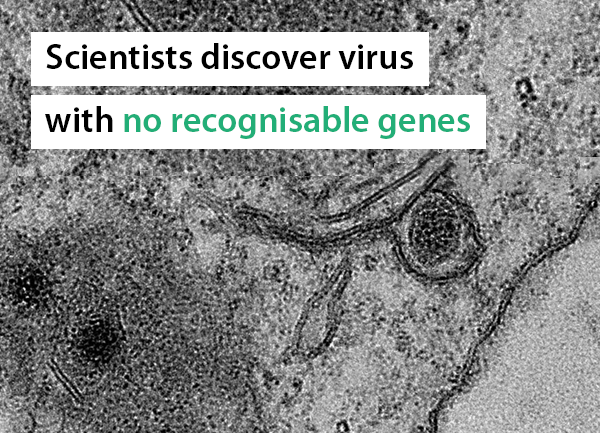Bill and Melinda Gates sitting around with their Pilgrims Society terrorist pals: “Which flu shall we use THIS YEAR to frighten the sheeple into taking our vaccines full of poison?”
😈💩👎

FLU: TYPES LIST, A.K.A "targeted vectors"
Influenza A– most common strain of virus.
Influenza C
Hong Kong influenza – strain of Influenza A
Russian influenza – a 1978 epidemic.
Spanish influenza – an epidemic in 1918.
Asian influenza – a strain of Influenza A in 1957.
Swine flu– an epidemic in 1976, in the United States
Avian flu – a chicken flu in Hong Kong in 1997.
rife frequency cures #YourWelcome
Meanwhile In Brazil... Scientists Discover 'Puzzling' Virus Of Unknown Origins Without Recognizable Genes
The findings of a new virus by Brazilian researchers have 'puzzled' the scientific community, consisting of unrecognizable genes, a new study revealed, published in bioRxiv.
The "mysterious" virus was discovered in amoebas in an artificial lake in Brazil has been considered the world's smallest lifeforms, because none can survive and reproduce without a host, some scientists have questioned whether they should even be considered living creatures.
Researcher, Jônatas Abrahão, a virologist at the Federal University of Minas Gerais, Belo Horizonte, called the new virus "yaravirus," a character from Brazilian mythology that means "mother of all waters."
When Abrahão and his team sequenced the new virus genome, they discovered that 90% of the DNA sequence was from unknown origins.
Elodie Ghedin of New York University, who sequences viruses in sewage, said the finding of yaravirus isn't surprising.
Ghedin said 95% of viruses in sewage have "no matches to reference genomes [in databases]," adding that, in Abrahão's case, new viruses are found all the time.
Researchers were unclear about the impact of the new virus on human health. Future tests could include making those connections. The approach "is an important tool to learn the distribution of hundreds or thousands of viral genomes," Abrahão said.
Curtis Suttle, an environmental virologist at the University of British Columbia, Vancouver, said that some viruses that are found within humans keep us healthy, and others are essential for keeping ecosystems humming smoothly. "We could not survive without [them]," Suttle said. "There are enormous benefits to the discovery and characterization of viruses."



